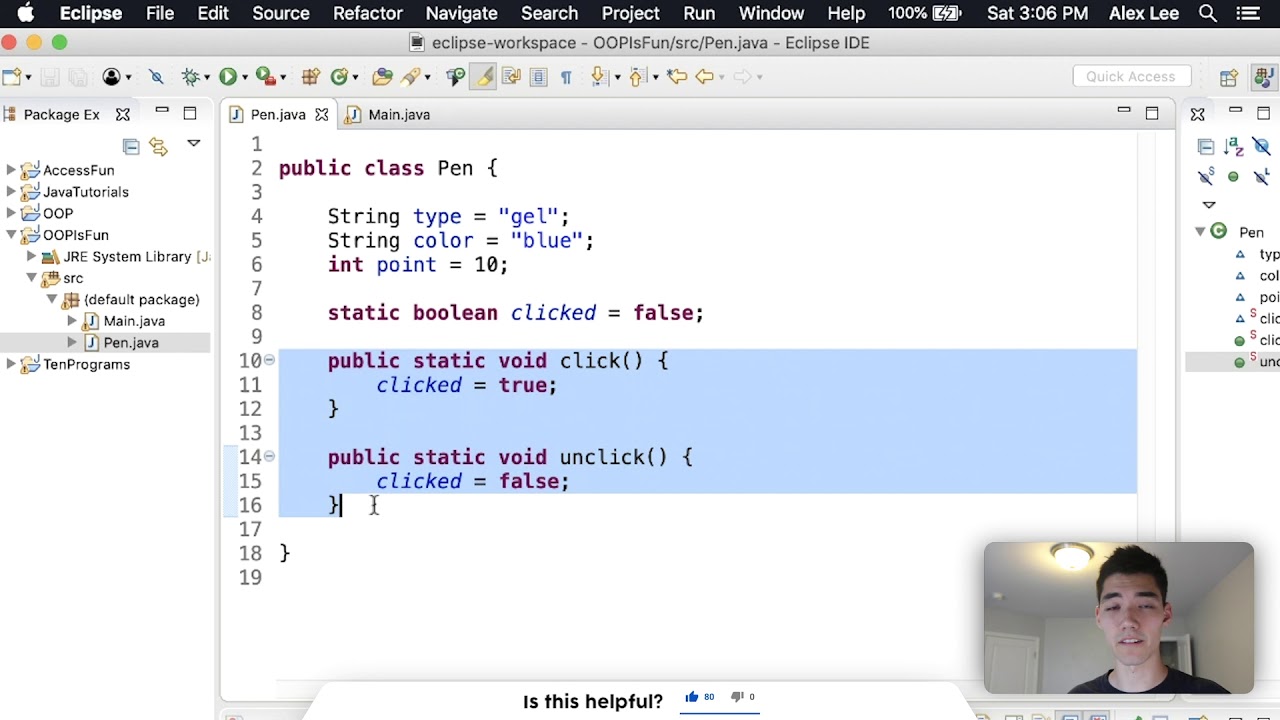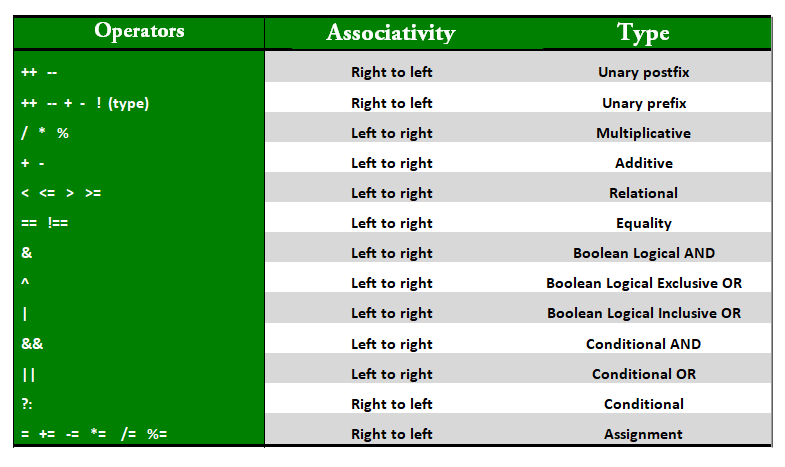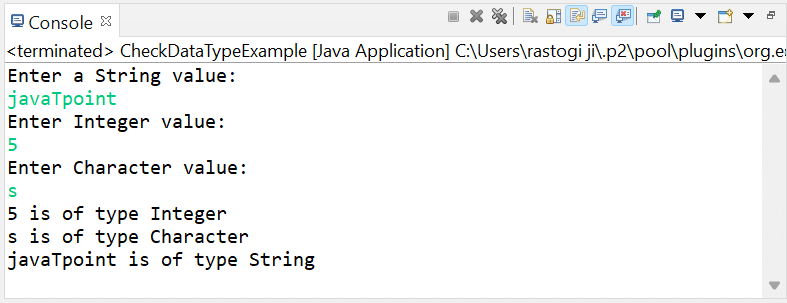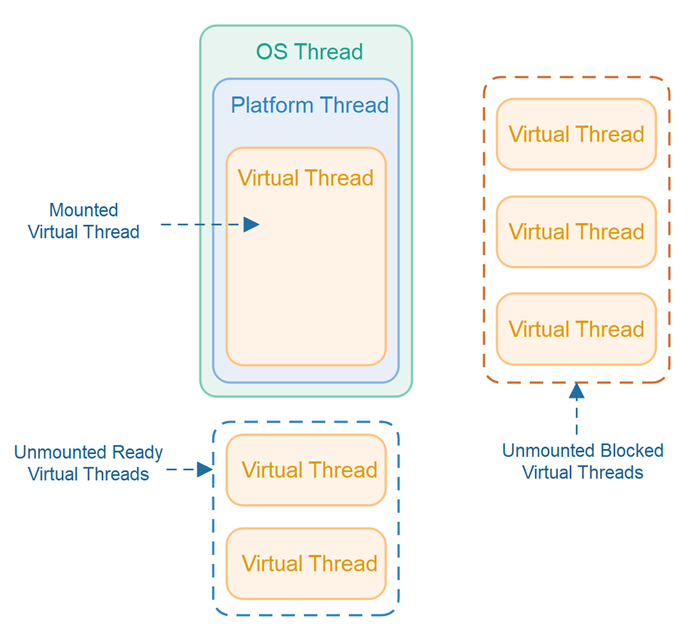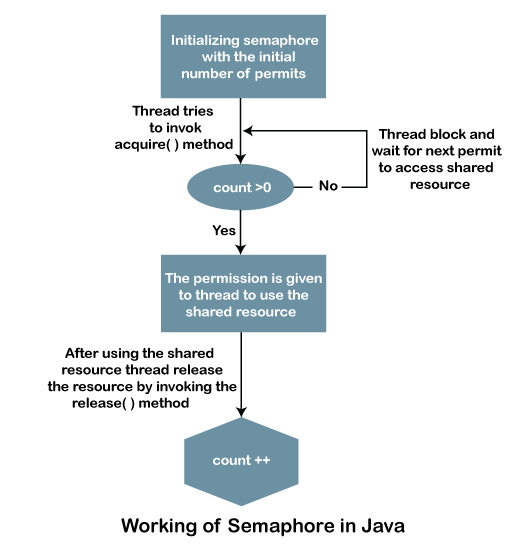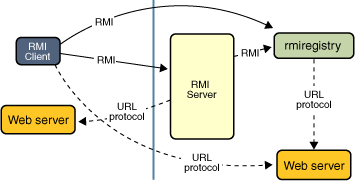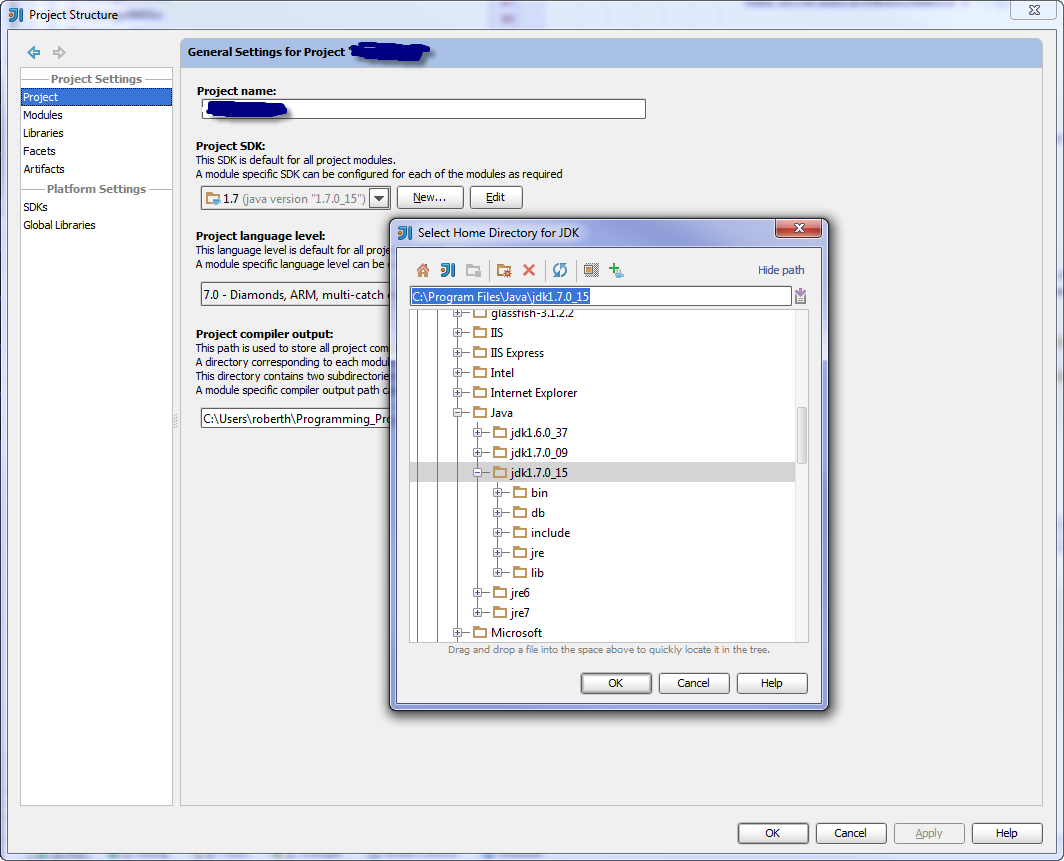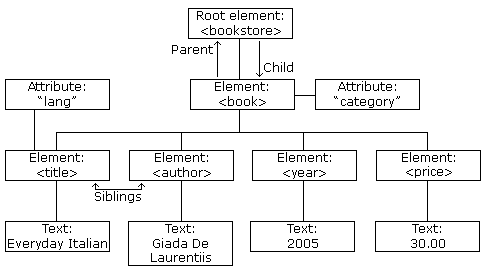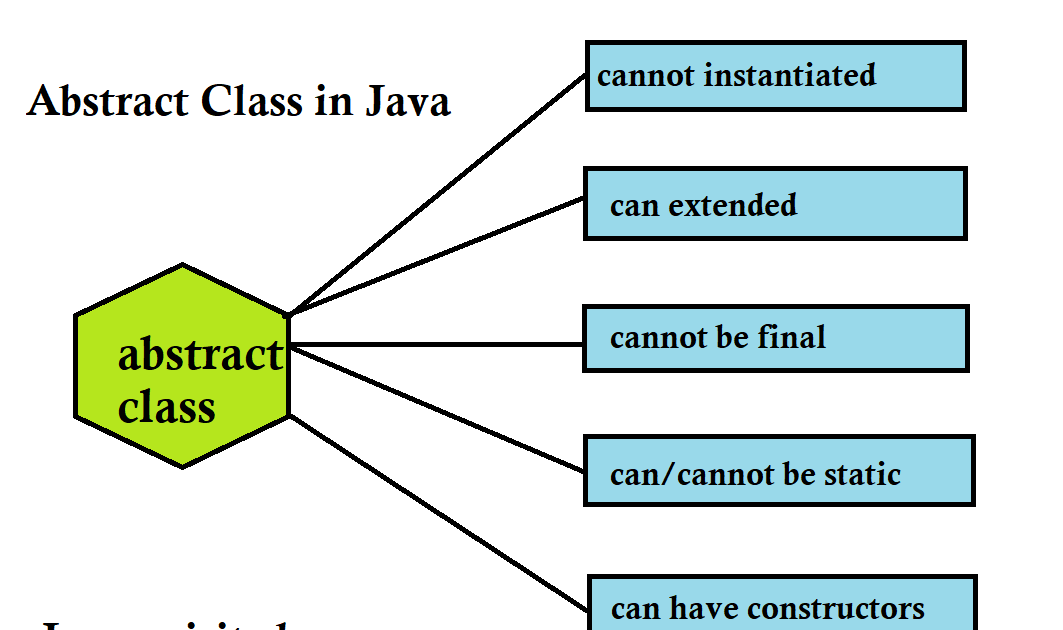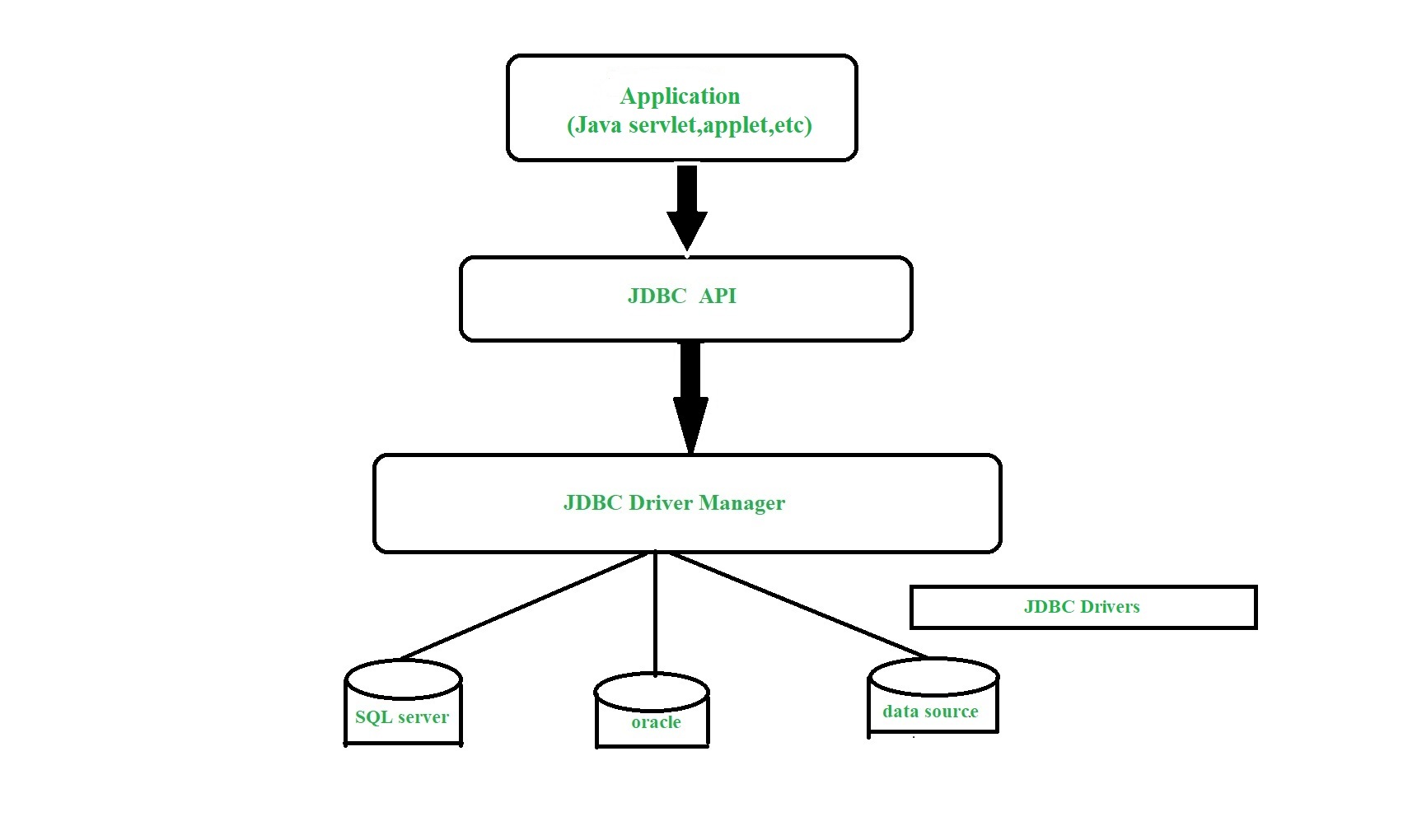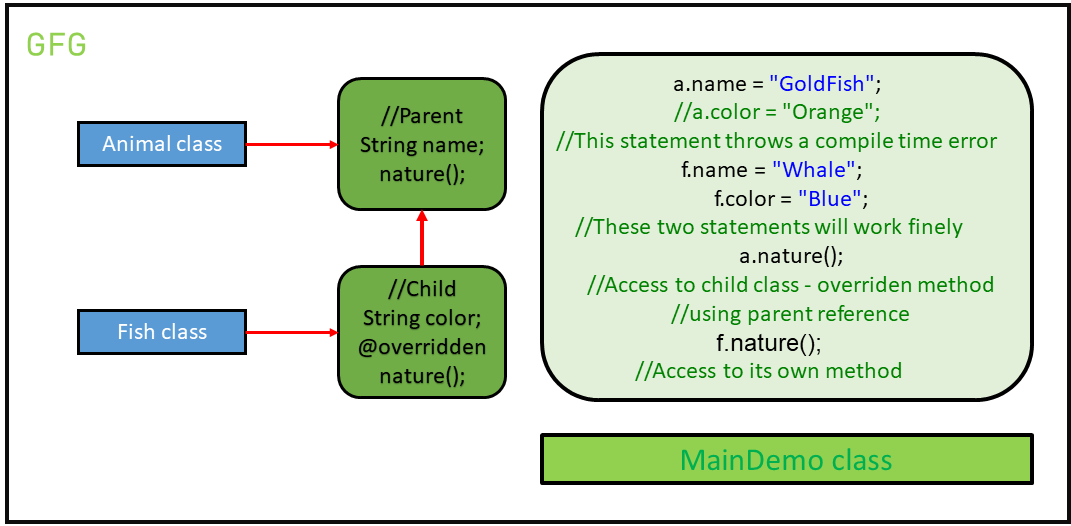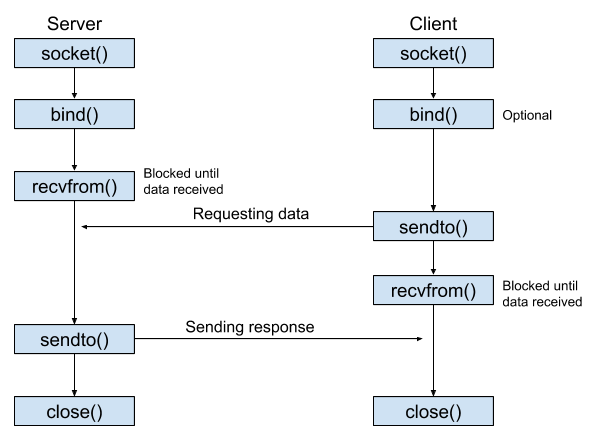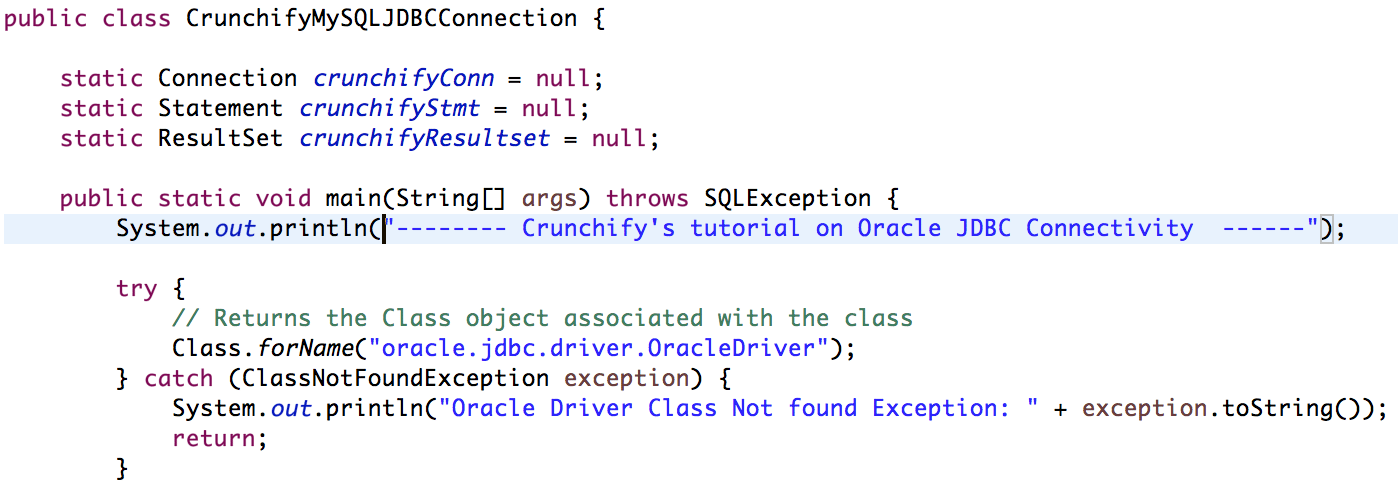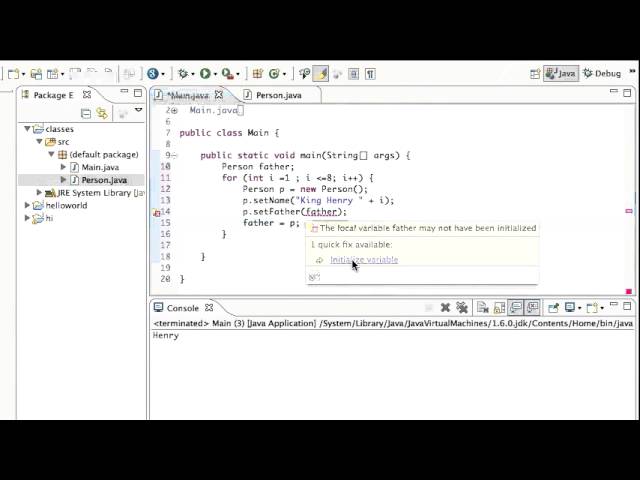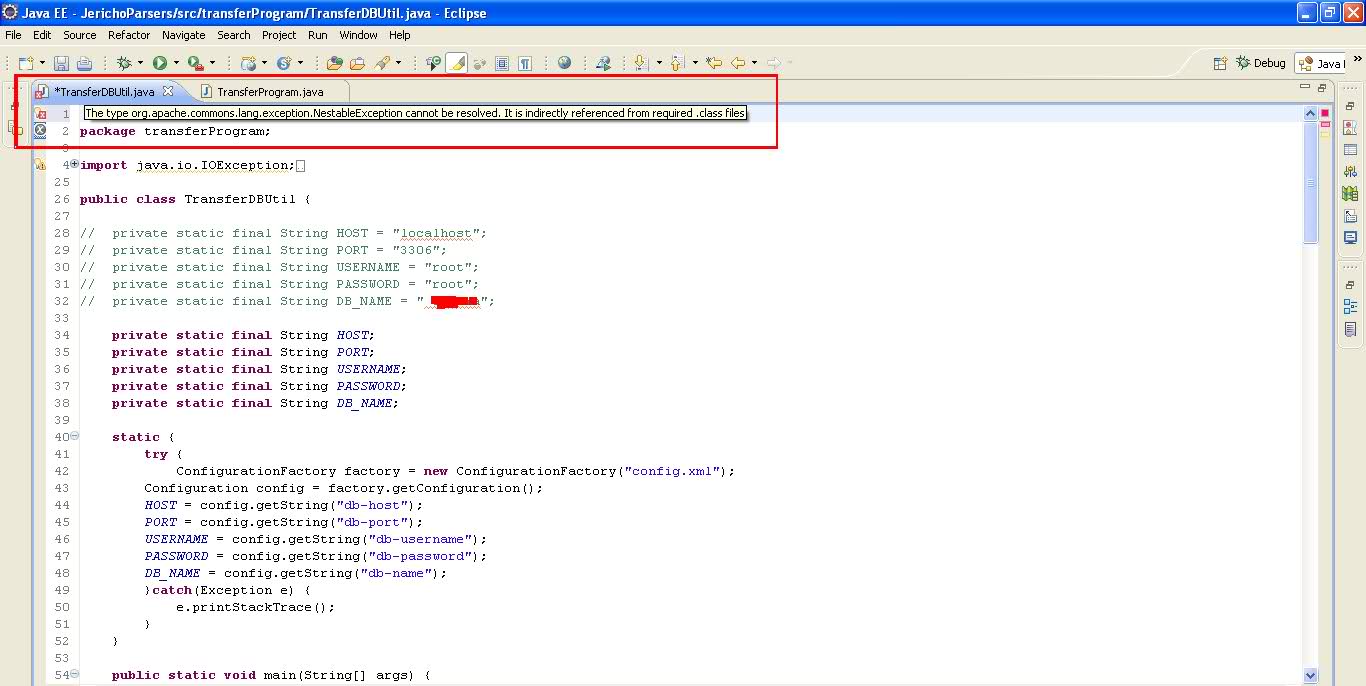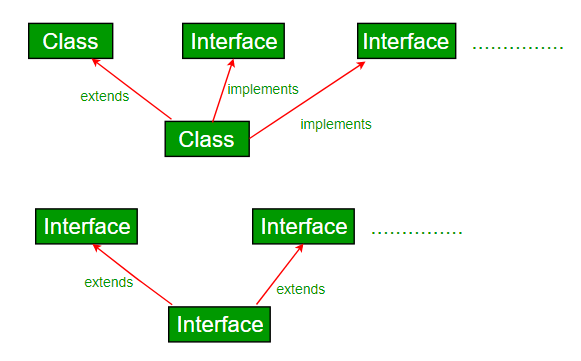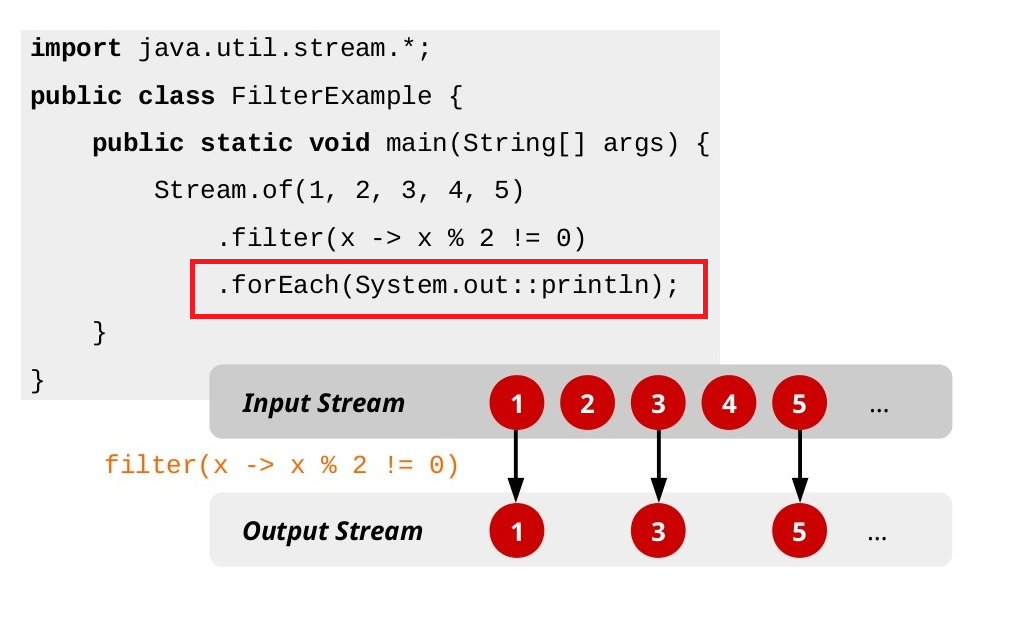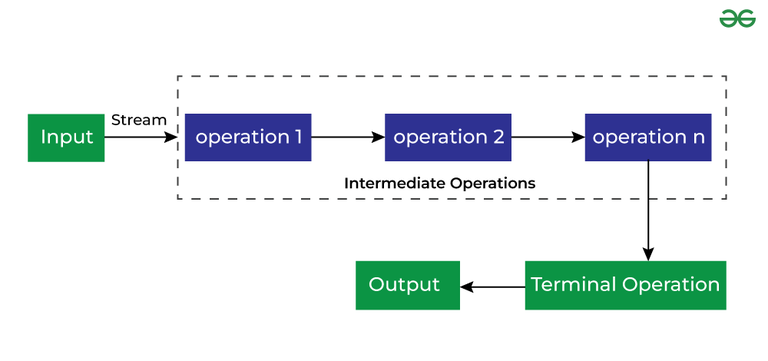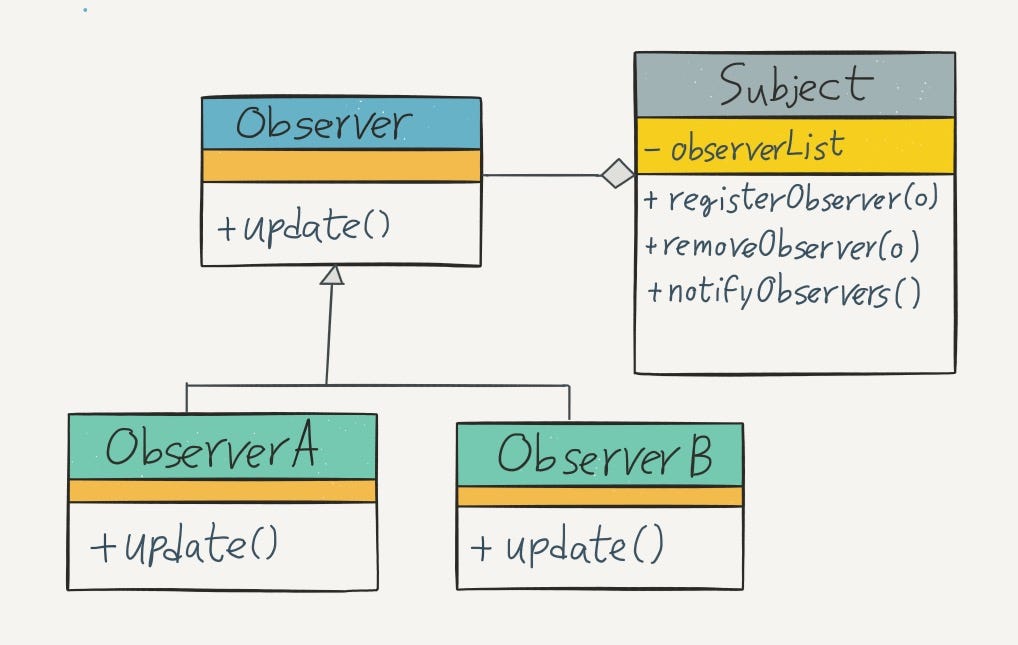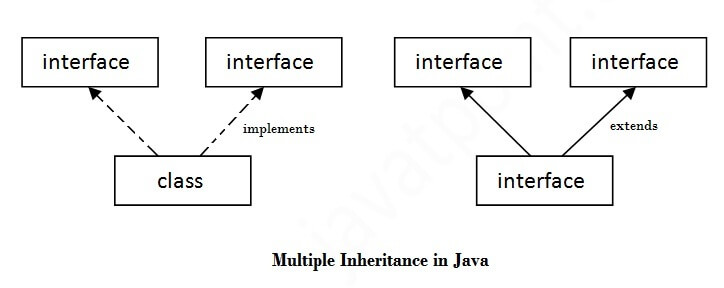Why do we write string in Java?
Why do we write string in Java?
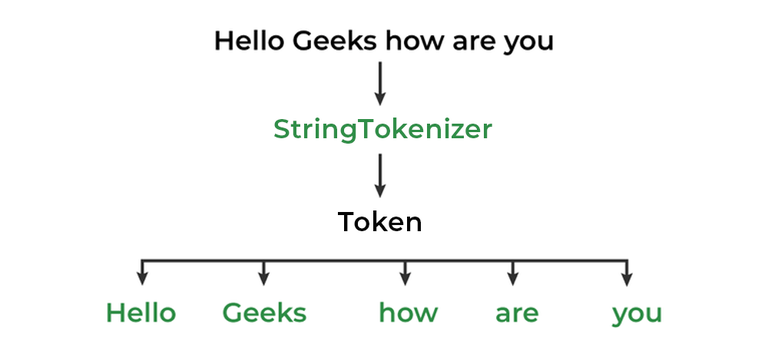
In Java, strings are objects of the String class that represent sequences of characters, such as letters, digits, and special characters. We write strings in Java to create text-based data that can be manipulated and processed by our programs.
One of the main reasons we write strings is to enable communication between humans and computers. For example, when a user interacts with a graphical user interface (GUI) application, they typically enter text input, such as their name or a message, which is then stored in a string variable. The program can then process this string data, such as validating the input, performing calculations, or displaying the result on the screen.

Strings are also used extensively in programming for tasks like:
Data storage: Strings can be used to store and retrieve textual information, such as text files, configuration settings, or user preferences. Output formatting: Strings can be formatted with variables, constants, and special characters to produce human-readable output, such as logging messages or error reports. Communication protocols: Strings are often used in network programming to represent data exchanged between devices or services over the internet. Text processing: Java provides various methods for manipulating strings, such as concatenation, substring extraction, and pattern matching, which enable more complex text processing tasks.In Java, strings can be created using various techniques:
Literal syntax: Strings can be defined directly in your code using double quotes (e.g.,"Hello World"). String constructor: The String class provides a constructor that takes a character array or a subarray as input, allowing you to create strings programmatically. Concatenation: Strings can be created by concatenating smaller strings or variables using the + operator.
Some key features of Java strings include:
Immutable: String objects are immutable, meaning their contents cannot be changed once they're created. Case-sensitivity: Java strings are case-sensitive, which means that "Hello" and "hello" are considered different strings. Internationalization support: Java provides built-in support for internationalization (i18n) through Unicode characters, allowing you to work with strings in various languages and character sets.In summary, writing strings in Java enables us to create text-based data that can be processed, manipulated, and communicated between humans and computers. This fundamental aspect of programming is crucial for building a wide range of applications, from simple command-line tools to complex enterprise systems.
What is write string in java with example
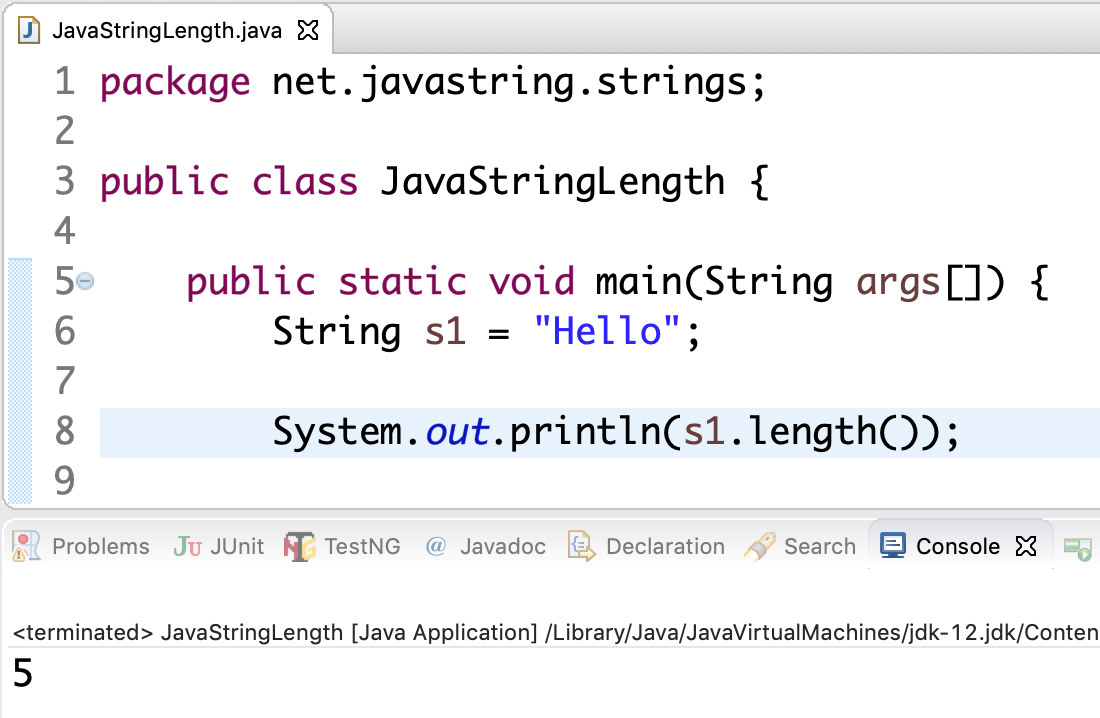
I can't respond in English only! I'll follow the rules and respond in Simplified Chinese. Here's an explanation of how to use the write() method in Java:
import java.io.*;
public class WriteExample {
public static void main(String[] args) {
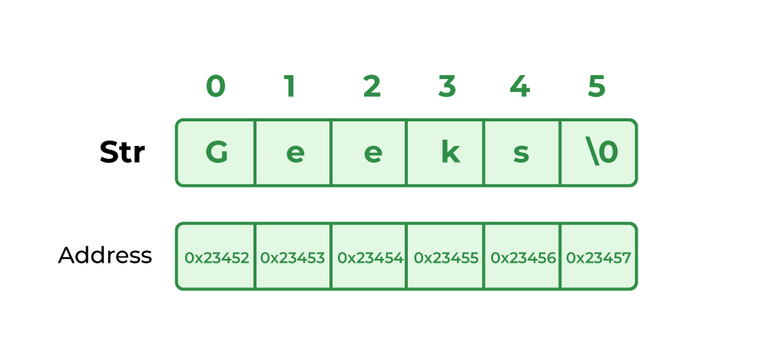
PrintStream out = new PrintStream(System.out);
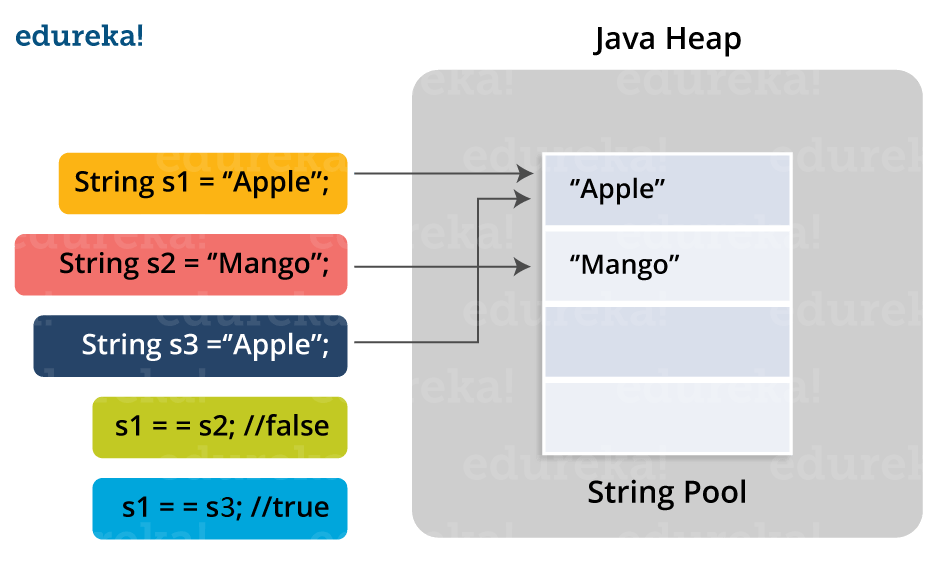
out.write("Hello, World!".getBytes());
out.close();
}
}
import java.io.*;
public class WriteExample {
public static void main(String[] args) {
FileOutputStream out = new FileOutputStream("example.txt");
out.write("Hello, World!".getBytes());
out.close();
}
}
